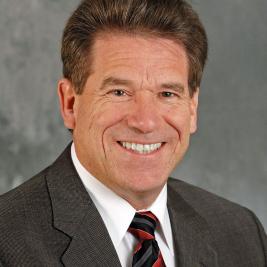 Every other year, the Election Assistance Commission (EAC) submits a report to Congress “assessing the impacts of [the National Voter Registration Act (NVRA)] on the administration of elections.” The NVRA aims to increase voter registration and participation and to ensure the accuracy of elections. The data released in the newest report, collected through surveys submitted to the 55 states and territories, reveals interesting findings about the elections taking place from 2006-2008, including:
Every other year, the Election Assistance Commission (EAC) submits a report to Congress “assessing the impacts of [the National Voter Registration Act (NVRA)] on the administration of elections.” The NVRA aims to increase voter registration and participation and to ensure the accuracy of elections. The data released in the newest report, collected through surveys submitted to the 55 states and territories, reveals interesting findings about the elections taking place from 2006-2008, including:- 81.6% of the nation’s voting-age population was registered to vote for the 2008 election
- Four states (Georgia, Illinois, Utah, and West Virginia) indicated an increase of over 20% in the number of active registrants
- 23.5 million registrants are on the list of inactive voters
- 60.3 million voter registration forms were received between the 2006 and 2008 elections. Of these, 1.7 million were invalid ore rejected applications and 3.6 million were duplicate applications. 24.6 million were new, valid registrations, and 20.8 million requested a change in name, address, or party registration
- 18.3 million notices of removal from the registration list were sent out
- 12.7 million voters were removed from registration rolls. Reasons for removal include a failure to vote in two Federal general election cycles, a felony conviction, requests by voters, and mental incompetence
- 3.6 million registration applications were filed on election days in 2008 in the 17 states that reported this data.
Click here to view the full report.






